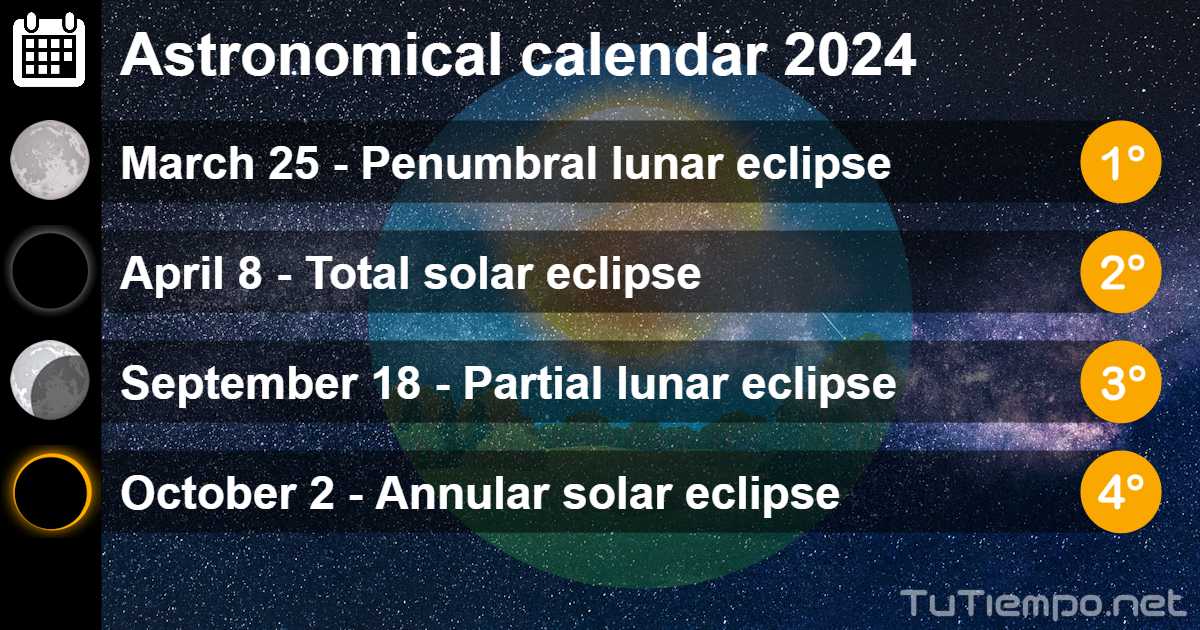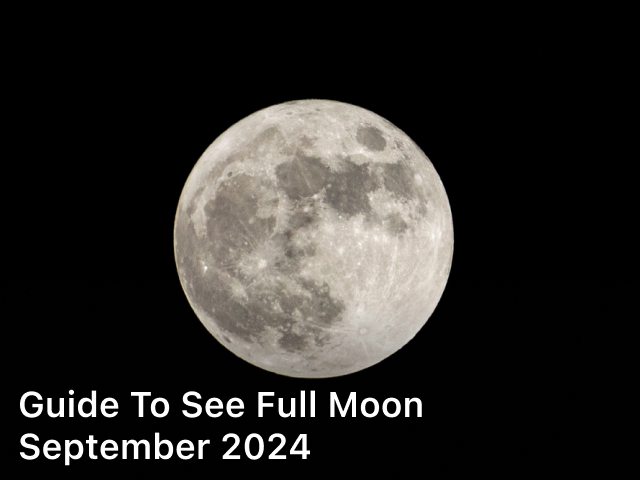Upcoming Full Moon in September 2024: A Celestial Event to Remember
As the September 2024 full moon approaches, skywatchers and astronomy enthusiasts are gearing up for a spectacular celestial event. This full moon, known as the Harvest Moon, will not only illuminate the night sky but will also coincide with a partial lunar eclipse and be classified as a supermoon. Here’s everything you need to know about this exciting astronomical occurrence.
What is the Harvest Moon?
The Harvest Moon is traditionally the full moon that occurs closest to the autumnal equinox, which typically falls around September 22 or 23. This year, the Harvest Moon will rise on September 17, 2024, at 10:35 PM EDT. The term "Harvest Moon" is derived from the time of year when farmers would harvest their crops, taking advantage of the bright moonlight to work late into the night.
A Supermoon and Partial Lunar Eclipse
This year’s Harvest Moon is particularly special as it will also be a supermoon. A supermoon occurs when the moon is at its closest point to Earth in its orbit, making it appear larger and brighter than usual. The September 2024 supermoon will be visible from Monday evening through Thursday morning, providing ample opportunity for stargazers to enjoy its beauty.
In addition to being a supermoon, this full moon will also feature a partial lunar eclipse. During this event, a portion of the moon will pass through the Earth’s shadow, creating a stunning visual effect. The eclipse will be visible in various parts of the world, making it a must-see for astronomy fans.
When to Watch
- Date: September 17, 2024
- Time: 10:35 PM EDT
- Visibility: The moon will appear full from the evening of September 16 through the morning of September 18.

Significance of the Harvest Moon
The Harvest Moon holds cultural significance in many societies. It is often associated with harvest festivals and is a time for reflection and gratitude for the bounty of the earth. In some cultures, it is also a time for spiritual practices and rituals, as the full moon is believed to enhance intuition and emotional clarity.
Astronomical Context
According to NASA, the full moon occurs when the Sun and Moon are 180 degrees apart on opposite sides of the Earth. This month’s full moon will be particularly noteworthy as it aligns with the autumnal equinox, marking the transition from summer to fall. The equinox is a time when day and night are approximately equal in length, symbolizing balance and harmony.
Viewing Tips
To make the most of this celestial event, consider the following tips:
Find a Dark Location: Light pollution can hinder your view of the moon and eclipse. Seek out a location away from city lights for the best experience.
Use Binoculars or a Telescope: While the moon will be visible to the naked eye, using binoculars or a telescope can enhance your viewing experience, allowing you to see more details on the moon’s surface.
Check Local Weather: Clear skies are essential for viewing the moon and eclipse. Keep an eye on the weather forecast leading up to the event.
Capture the Moment: If you’re interested in photography, consider bringing a camera with a zoom lens to capture the beauty of the moon and the eclipse.
Related Events in September 2024
In addition to the Harvest Moon, September 2024 will feature several other astronomical events, including:
- Planetary Alignments: Throughout the month, various planets will be visible in the night sky, providing additional opportunities for stargazing.
- Meteor Showers: September is also known for meteor showers, which can add to the excitement of the night sky.

The September 2024 full moon promises to be a remarkable event, combining the beauty of a supermoon with the intrigue of a partial lunar eclipse. Whether you’re an avid astronomer or simply someone who enjoys the beauty of the night sky, this celestial event is not to be missed. Mark your calendars for September 17, 2024, and prepare to be awed by the wonders of the universe.
For more information and updates, you can check out articles from reputable sources like NASA and ABC News.





